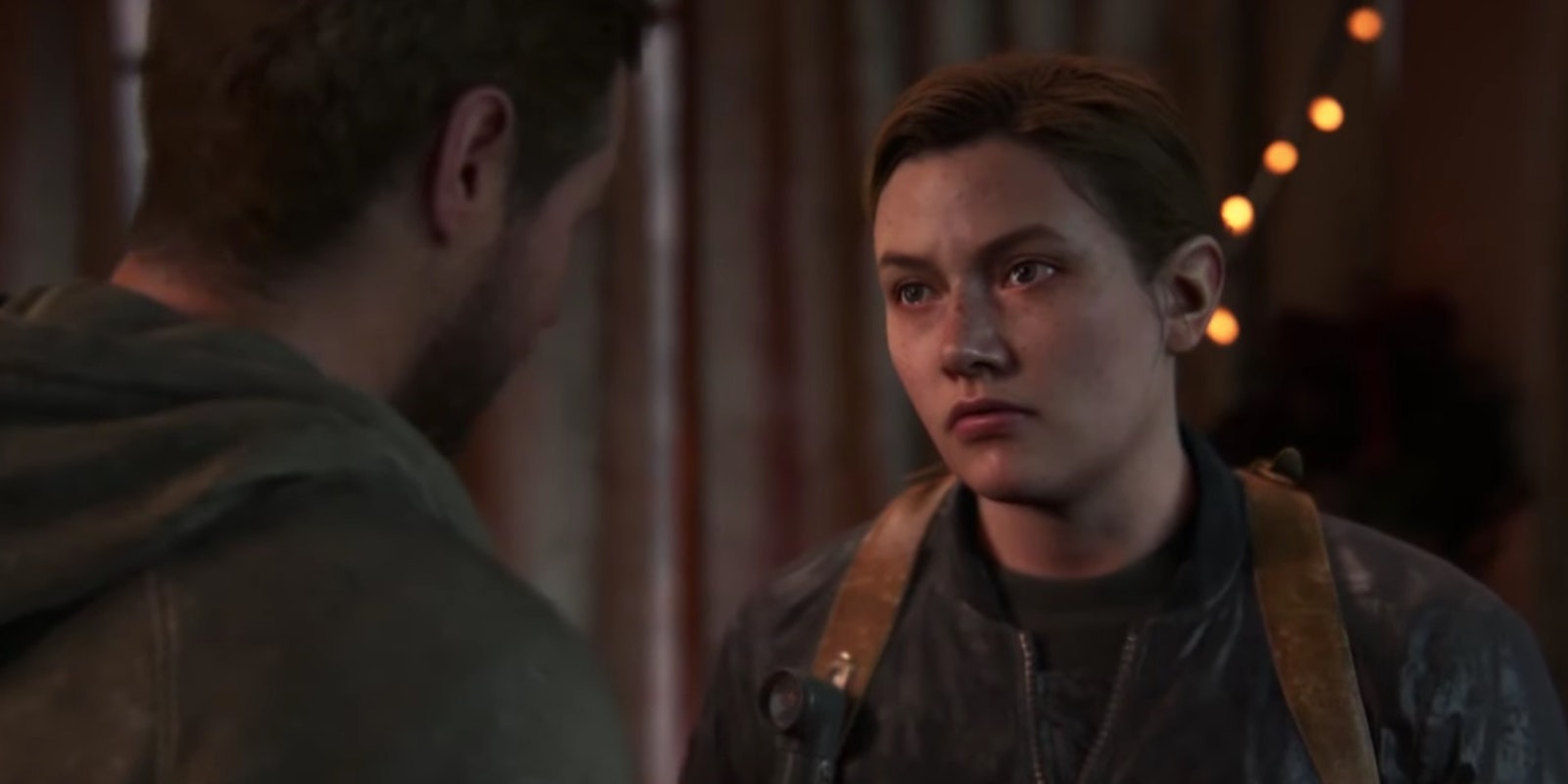The Last of Us Part II had a troublesome release, beginning with spoiler leaks and continuing with vitriolic harassment of the game’s creative director and one of its voice actors. Released on June 19, it’s the long-awaited sequel to post-apocalyptic adventure game The Last of Us, starring teen protagonist Ellie alongside a supporting cast of other survivors. Laura Bailey—a prolific voice actor with credits including Catwoman, Black Widow, the Uncharted franchise, and Critical Role —plays the new character Abby, a mercenary. Some fans weren’t happy with her role, and last week Bailey spoke out on Twitter about receiving death threats and misogynist harassment as a result.
“Sometimes this just gets a little overwhelming,” wrote Bailey, sharing screenshots of threatening messages she’d received.
Likewise Neil Druckmann, the creative director of both games, received violent and antisemitic hatemail reacting to elements of Part II‘s plot.
The Last of Us fans had seven years to get invested in the two main characters of the original game, and some people had very specific ideas about what they wanted from the sequel. While Part II generally earned positive reviews, it also received backlash for a variety of reasons including narrative criticisms about certain plot points, and bigoted complaints about the inclusion of queer and trans characters.
This latter issue is a familiar problem in the mainstream gaming community, exemplified by the sexist, homophobic, antisemitic slant of the harassment aimed at Bailey and Druckmann. There’s a definite Gamergate vibe to some of the more prominent complaints about Abby, whose muscular physique was a point of contention. Not for the first time, some gamers hated the idea of a female character with a non-sexualized design, leading to complaints that her appearance was somehow “unrealistic.” In response, other commenters shared photos of IRL women with similar body types, including voice actor Laura Bailey herself.
The Last of Us developer Naughty Dog tweeted a statement in response to the backlash, saying: “Although we welcome critical discussion, we condemn any form of harassment or threats directed towards our team and cast. Their safety is our top priority, but we must all work together to root out this type of behavior and maintain a constructive and compassionate discourse.”



